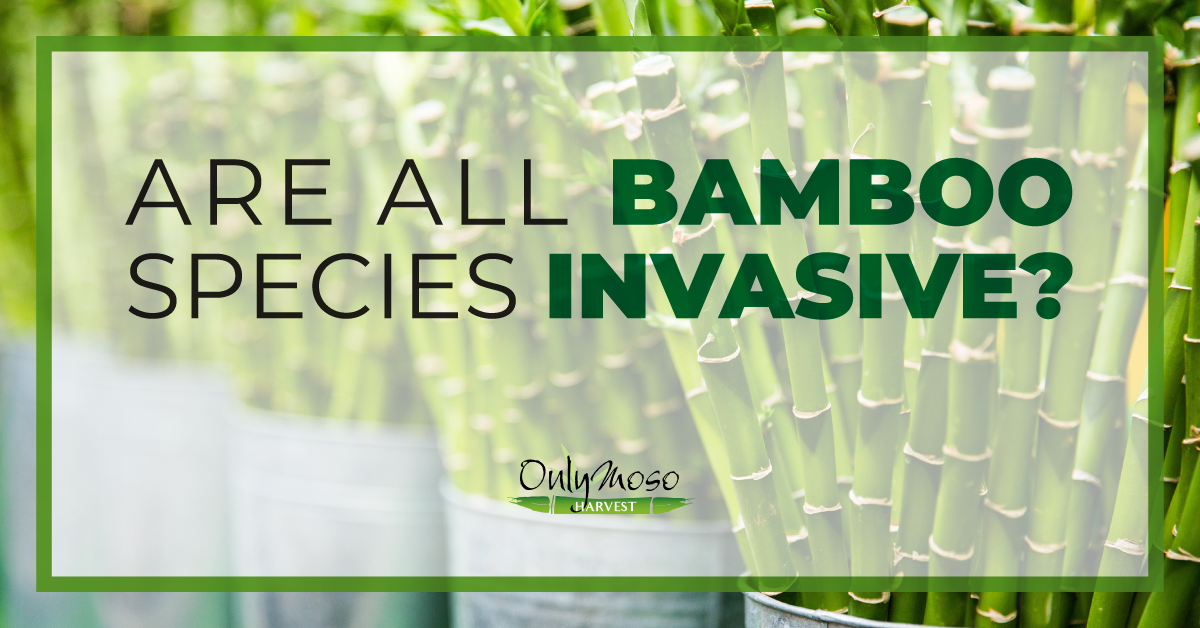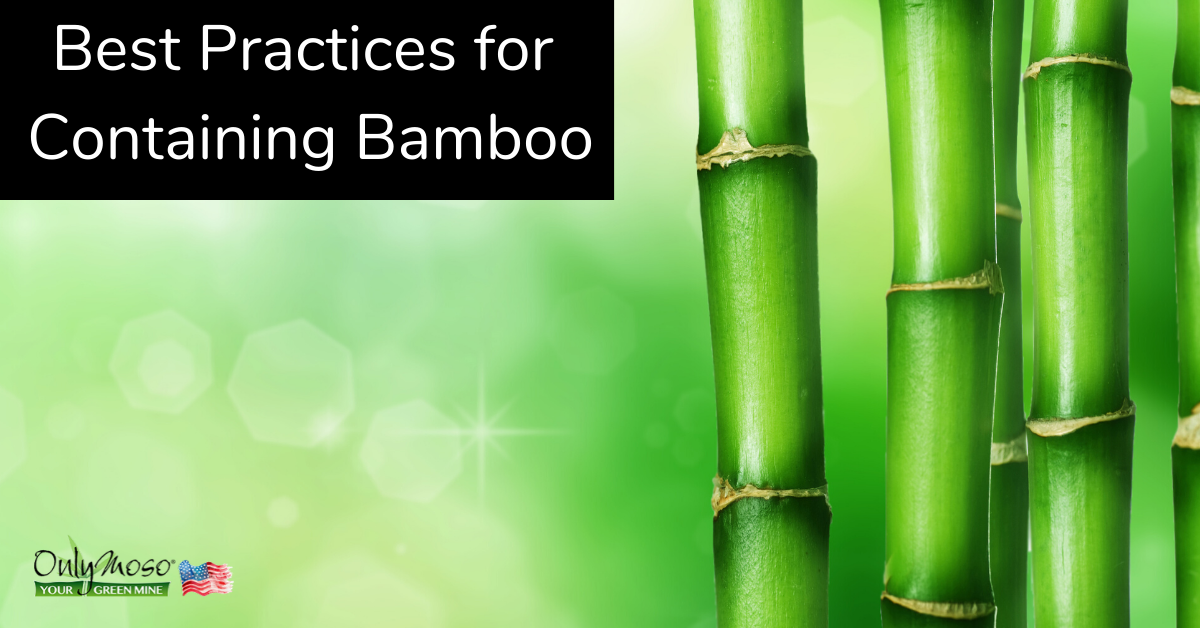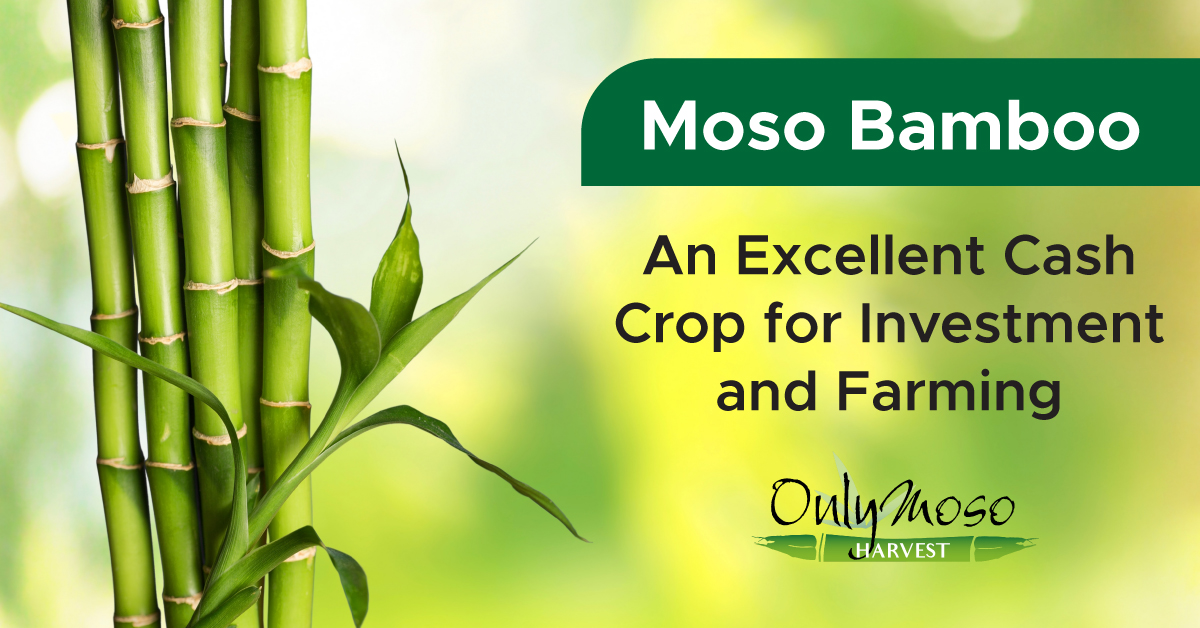Our Most Frequently asked Question:

Bamboo is a fast-growing type of woody grass that is quite often mistaken as a species of trees. It even produces leaves and grows upwards with hollow shoots. Bamboos are the largest member of the grass family with over 1,000 different species and are considered to be one of the fastest-growing plants in the world.
Most people who partake in commercial bamboo farming or plant them as a hobby, know that it is an exotic and beautiful plant that comes in a variety of colors that can brighten your landscape. This plant, however, has been known to take over the area where it has been planted – which poses the question, is Bamboo invasive?
To answer this question at a very high level – not all varieties of this Bamboo are invasive, and it is entirely dependent on the individual situation. To understand what it means to be invasive, we must evaluate the definition. Invasive: growing and dispersing easily, usually to the detriment of native species and ecosystems. In several cases, Bamboo has been used to regenerate damaged ecosystems and assisted in the return of the native flora and fauna. While bamboos are known for their aggressive growth habits, not all species of Bamboos are considered to be invasive.
What Is The Difference Between Clumping and Running Bamboo?
When discussing Bamboo, there are two categories that Bamboo falls into – either “Clumping” or “Running”:
Clumping Bamboo has a pachymorph rhizome system; this means that each branching of the rhizome turns upward, pushing through the soil surface as a fresh shoot and eventually growing into a cane/culm. Clumping Bamboo is known to gradually expand at a predictable and modest rate, which is why they are considered to be easy to maintain and non-invasive.
Running Bamboo has a leptomorph rhizome that travels outwards from the mother plant and only send vertical shots during certain seasons and weather conditions. This type of growth presents the question, “Is running bamboo invasive?”. The answer to this is not as black and white as many believe. For a crop to indeed be invasive, it has to cause harm to the native environment or be uncontrollable which through responsible management running Bamboo species are not.
However, the worry with running species of Bamboo is that because of its moderate to fast-spreading rhizome, an unmanaged stand can grow beyond its desired area. It is for this reason that Bamboo growers seeking a running species must develop a management plan the prevents this unwanted spreading. Here at OnlyMoso, we promote the responsible management of all our bamboo species through approved management practices.
Why Plant Bamboo?
There are many different reasons for planting Bamboo, whether it is for commercial use (harvested for food and fiber), as wind brakes and sound barriers, or in a wide variety of ornamental landscaping. As a result, the extensive array of Bamboo species, including ones with stalks of varying colors like red, yellow, and dark green, Bamboo can bring an explosion of color and become the center point of any landscape. Similarly, its ability to be trimmed and trained lends it to being used as natural privacy fencing or attractive hedges. Its extraordinary growth rates and dances clumping also make Bamboo an excellent windbreak or natural sound barrier that can be utilized alongside busy roadways or between field crops to prevent topsoil loss. Also, because of Bamboo’s extensive and fast-growing root system, it can be used to avoid soil erosion and nutrient runoff. For commercial food and fiber production, Bamboo’s incredible growth rates provide a sustainable, profitable, and healthy food source with bamboo shoots being one of the top five healthiest foods and a renewable source of fiber products. This amazing plant also works to lower our carbon footprint by absorbing carbon dioxide and producing 30% more oxygen per equivalent mass of trees. As a result of its ability to clean the air, many species of Bamboo make excellent house plants that both add to a home’s décor while also providing cleaner air.
OnlyMoso: Your Commercial Bamboo Farming Partner
Bamboo represents an incredible opportunity for American agriculture to grow a profitable, sustainable, and environmentally beneficial crop. Growing giant Bamboo with OnlyMoso allows farmers to plant a generational crop that can see returns as early as year three and, once established, provide a low maintenance annual revenue for 60 to 80 years. With bamboo shoots being one of the world’s top five healthiest foods and bamboo timber providing a sustainable source for lumber, fiber, and biomass, Bamboo offers multiple contrasting market opportunities. Bamboo also allows farmers to work in harmony with their land as Bamboo decreases soil erosion, balances nutrient cycles, and produces 35% more oxygen per biomass than trees.
We offer landowners and farmers the opportunity to become growing partners with OnlyMoso by providing 50% financing from our company at 0% interest on the cost of plants. Along with buyback agreements that provide a secure channel to sell your shoots and canes when they reach maturity.
Once theses lush bamboo forests become established, your farm can see an Estimated Projected Income between 25k and 38k with our Tropical Asper, 16k, and 20k with our Temperate Moso, and 18k to 22k with our P2Blue. You can find out more by visiting our website or calling us for more information at (877) 340-6755. “Your Green Mine” is just a call away!




